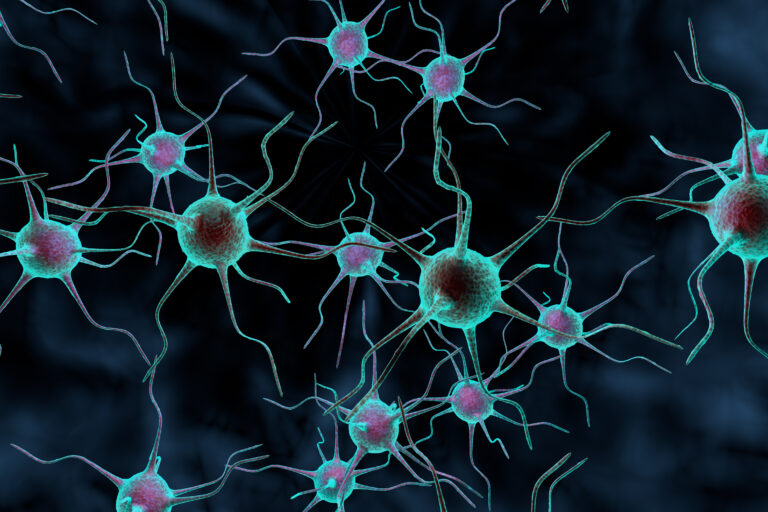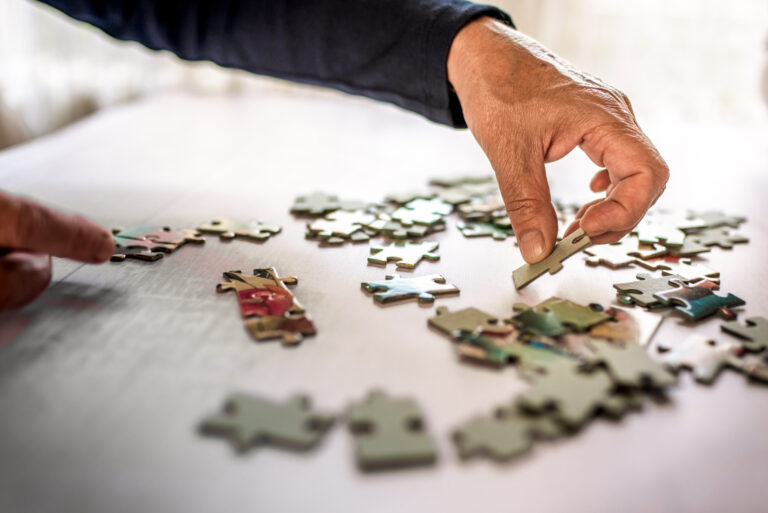Taking iron with vitamin C is widely recommended because vitamin C significantly enhances the absorption of iron, especially non-heme iron, which is the form of iron found in plant-based foods. Vitamin C, also known as ascorbic acid, helps convert iron into a form that is easier for the body to absorb. This occurs because vitamin C reduces ferric iron (Fe3+) to ferrous iron (Fe2+), which is more soluble and better absorbed in the intestines. Additionally, vitamin C forms a chelate with iron, preventing the formation of insoluble iron compounds that the body cannot absorb effectively[1][2][3].
The importance of vitamin C in iron absorption has been demonstrated in clinical studies. For example, a controlled trial involving iron-deficient women showed that taking iron supplements with vitamin C increased iron absorption compared to taking iron with water alone. The study tested different doses of vitamin C (80 mg and 500 mg) and found that higher doses of vitamin C led to greater iron absorption[2]. This suggests that vitamin C supplementation alongside iron can be particularly beneficial for individuals with iron deficiency or those at risk of it.
Iron deficiency is a common nutritional problem worldwide, and improving iron absorption is crucial for preventing anemia and related health issues. Non-heme iron, which is less readily absorbed than heme iron (from animal sources), benefits the most from vitamin C because it counteracts inhibitors of iron absorption such as phytates found in grains and legumes. Vitamin C-rich foods like citrus fruits, red and green peppers, strawberries, and tomatoes can be consumed with iron-rich meals to boost iron uptake[4].
However, there are some considerations to keep in mind. People with certain medical conditions, such as hemochromatosis (a disorder causing excessive iron accumulation), should avoid taking iron and vitamin C supplements together because this combination can increase the risk of iron overload[4]. For most healthy adults, the risk of iron overload from dietary sources is low, but supplementation should be done under medical supervision if iron deficiency or overload is suspected.
In summary, taking iron with vitamin C is an effective and evidence-based strategy to improve iron absorption, particularly for those relying on plant-based iron sources or iron supplements. The acid environment created by vitamin C and its chemical interaction with iron facilitate better uptake, which can help prevent or treat iron deficiency anemia[1][2][3][5].
Sources:
1. Dr.Oracle AI – What increases iron supplement absorption?
2. Journal of Clinical Psychiatry – Dosing Patients With Oral Iron Supplements: Practical Guidance
3. Dr.Oracle AI – Does taking iron with vitamin C help?
4. Medical News Today – Foods to increase iron absorption: Recipes and more
5. Cureus – Efficacy of Plant-Based Iron and Vitamin C in Adults With Iron Deficiency Anemia: A Randomized Double-Blind Clinical Study





